One thing I enjoyed about Japan was that it was modern without being Western. Sure, it shares lots traits with Western countries– and went through a somewhat westernizing transformation during the Meiji period– but Japan owes its unique style to traditions far different from our own.
What I love about traveling is being able to make a splash– however brief– in a culture that challenges me. Even if it means feeling a bit disoriented, and perhaps nostalgic once I come home, the lessons remind me that my way is not the only way. It’s humbling to happen upon philosophies and ideas that provide the answers we’ve been searching for. Japan has done that for me.
5 Lessons from Japanese Culture
1) Wabi-sabi: appreciating imperfect aesthetics
I was fascinated by the concept that beauty lies not in perfect symmetry, but in the handmade, asymmetrical ways of nature. From Japanese floral arrangement (ikebana) to how food is plated, there’s an appreciation for imperfection. The standard of beauty in visual art is rarely associated with polished images and balanced shapes, but in an honest and simple reflection of reality.
I appreciate this idea, though I can’t imagine that I’ve grasped it fully, because I think we are afraid of asymmetry. We’re afraid of things not balancing or not being equal, and can hardly imagine that to be beautiful. I myself feel intimidated that the Western standard for beauty is symmetry, because I don’t really have it. But wabi-sabi seems to challenge our need for manufactured, photoshopped beauty, and ask us to appreciate what we see in nature and what we make with our hands.
2) Ichi go ichi e: cherish the moments
This concept was explained to me as the once-in-a-lifetime meeting of friends. I was told that, because of ichi go ichi e, people in Japan cherished us as guests in their country. Perhaps this was our one chance to see Japan, and they wanted us to take away the best memories we could.
I think that ichi go ichi e is different from, say, YOLO. The former says, “treat these people well, because this may be your only meeting;” the latter says, “do what you want, because you’ve only got this life to lose.” The difference in attitude is striking: one is generous, the other selfish.
3) Tea is always a good idea.
I’ve adored matcha green tea (a fresh powder made of high-quality tea leaves) for a while now, but drinking it at a teahouse in Japan made all the difference. One sip of the rich, umami-filled substance and I wondered why I don’t do this everyday.
Matcha is very serious business. It needs to be whisked gently and frothed just right, and you’re supposed to finish it in three distinct sips. A small sugar cookie or mochi usually accompanies the matcha, simply to enhance the flavor of the tea. Oh, and you can get a certification for whisking matcha properly.
One thing that struck me about tea in Japan was that sitting down to it together meant that two people were equals. Some tea rooms during the Shogun (samurai) period were so small that one could not raise a sword against another. Tea was a gathering place of peace and conversation. It was sacred during a time of violence.
4) Courtesy and preference are unrelated.
I was so impressed with how much courtesy and respect is built into Japanese language and customs. It sounded like they had several different words for “please” and often accompanied most conversations with a few courteous bows. People apologize out of consideration for others, even if it was their right of way, and saying farewell involves many gracious words and more bowing.
This respect is for everyone– not just the rich guests, not just the polite and savvy guests, and not just the locals– everyone. It didn’t matter if the person made a mess, said something rude or performed poorly in some other way. Courtesy is courtesy, and it need not betray one’s preference or judgments.
5) Whatever you do, do it with dignity and excellence.
There’s an interesting attitude that I picked up on in Japan: if you’re going to do something, you might as well succeed. This is prefaced by the belief that it is possible to do anything and everything with excellence.
And, I don’t think many would disagree with the idea that the Japanese have perfected many things: beef, toilets, transportation systems, French pastries, electronics, cosmetics, and more. As I watched people go about their work, whether as custodians or high-powered executives, they took a dignified approach that commanded respect. It didn’t matter what the work was– it mattered that they committed themselves to it and did what was asked of them.
[Tweet “5 lessons from Japanese culture that answered my American questions via @daisylinshih”]

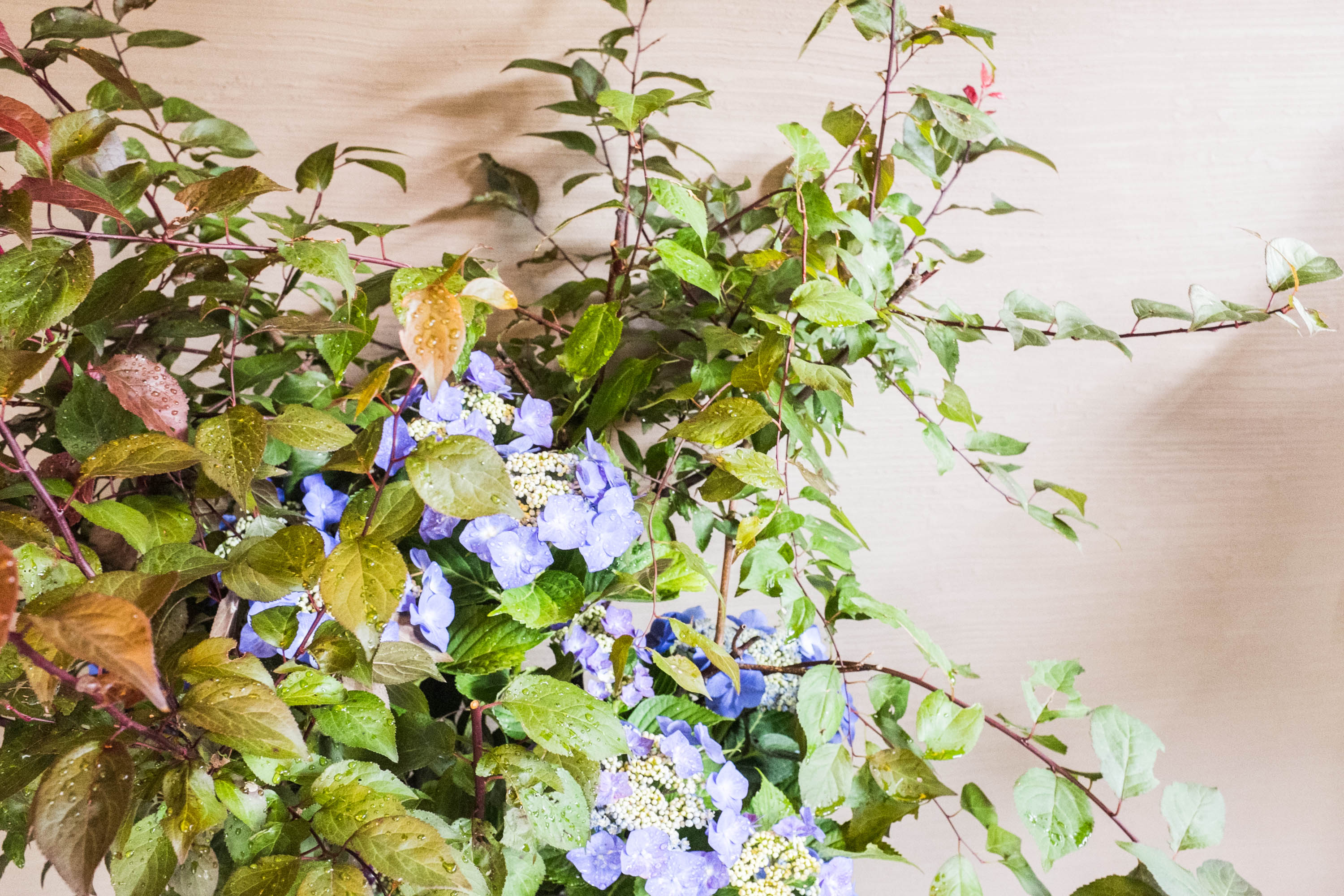
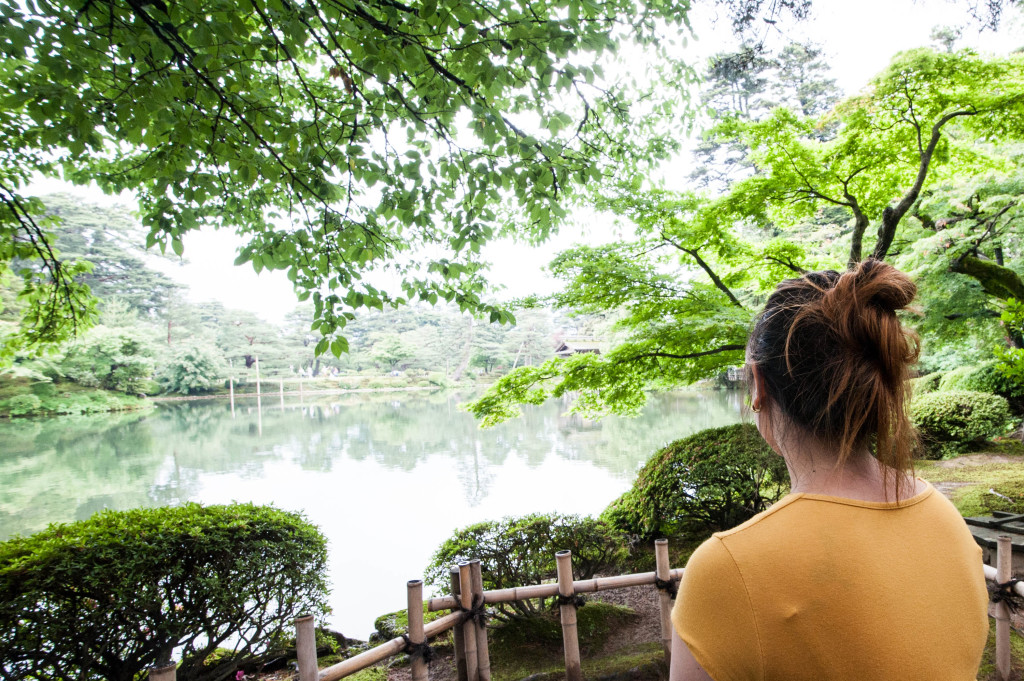

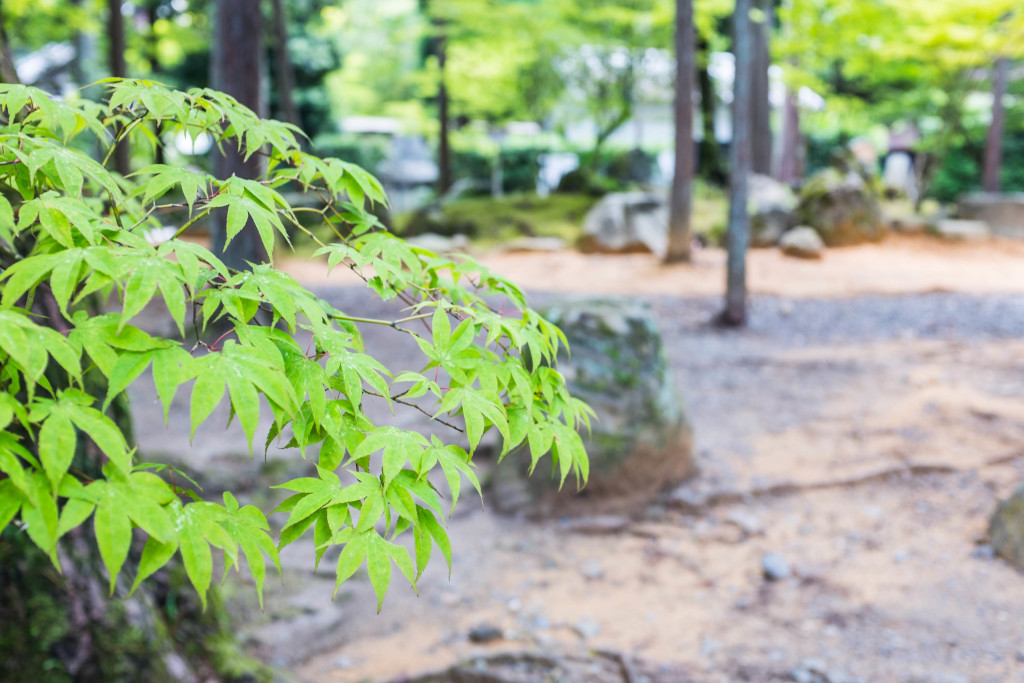
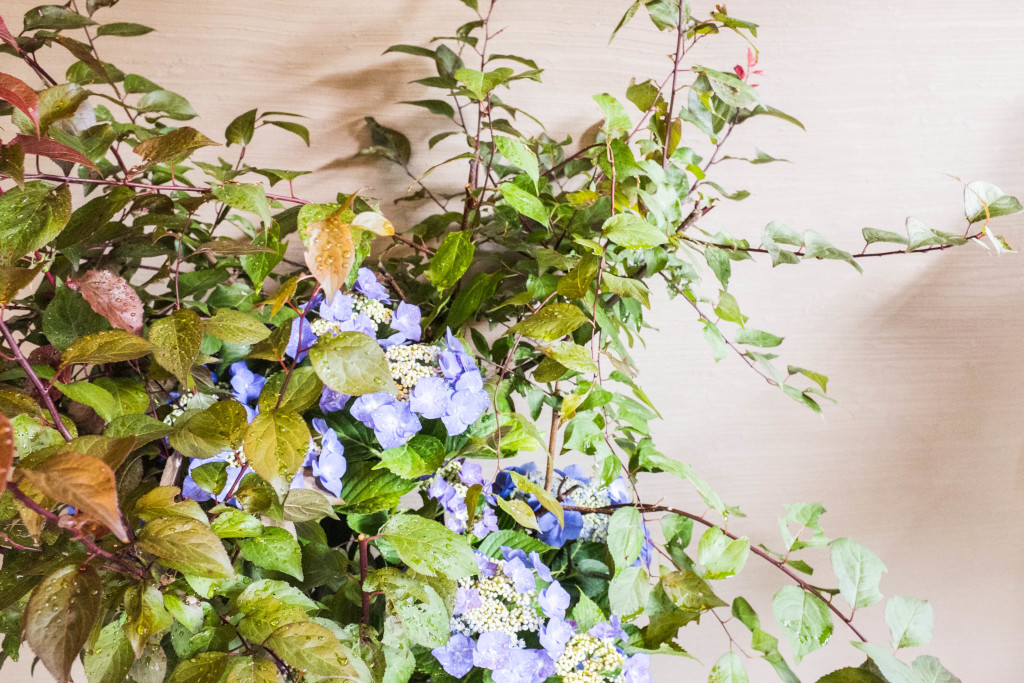
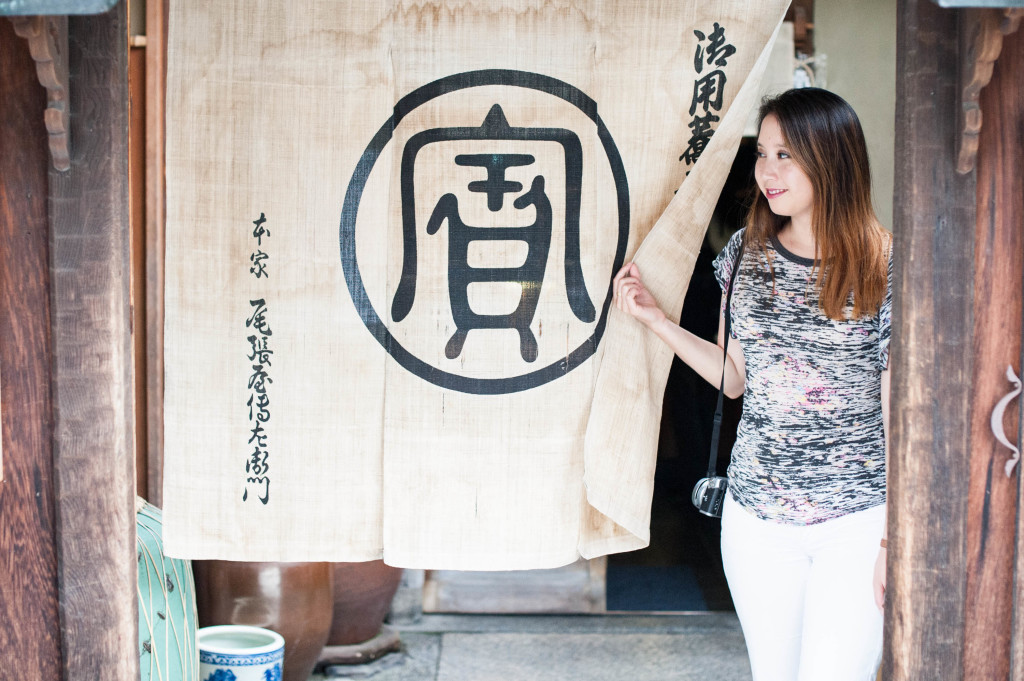
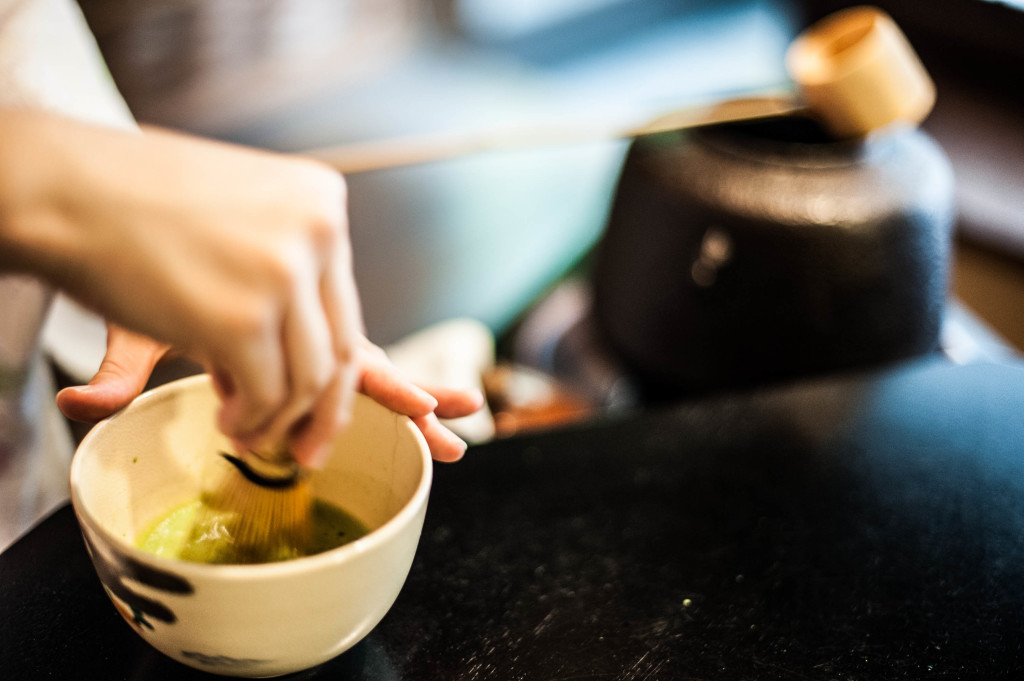

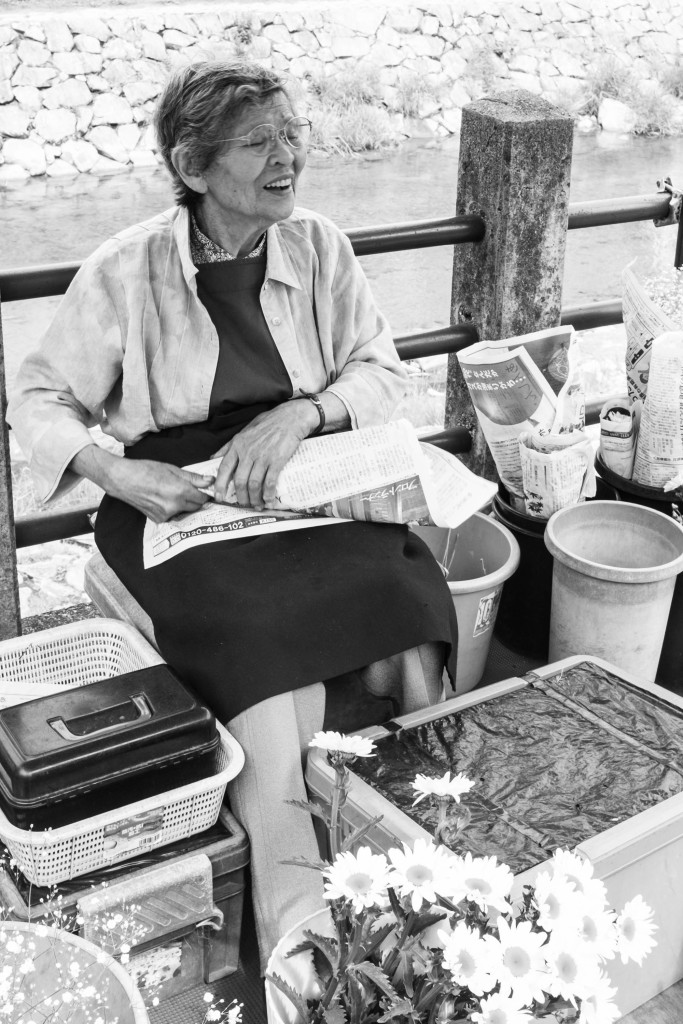
I saw Shane linked to this post and I wanted to read it again, because I just got back from traveling in Japan this weekend and I loved it. The culture, the people, the places, the air… it was all a really wonderful experience and I can’t wait to go back!
I appreciate that, Rachel! I think traveling to a place is one thing, while living there for a good while is totally different. There’s a lot about Japan I’d be challenged to get used to!
It’s clear that you are a very thoughtful, educated, and observant world traveler. I do think that much about Japanese culture would be very challenging to me, while I feel right at home here in SE Asia, but there’s always good lessons to learn from cultures we visit and observe.
Hahaha yes!!! The tea there is so yummy, Kiki!
Yes definitely! I was so impressed with how courtesy did not discriminate. Boy how it does here in the US!
Thank you for reading! I really appreciate it. 🙂
I’m pretty certain I haven’t encountered a situation where tea doesn’t make everything better. Sounds like I’d fit right in. (; Thank you for blessing us with these lovely photos!
http://www.accordingtokiki.net
I love the one about treating people well. We could all do a little better to be kinder to strangers in passing!
These are such invaluable lessons that I will ponder over for some time. Thank you for your wisdom/insight, Daisy.
http://www.lovecompassionatelee.com/thinkoutloud/2015/6/30/63015
I was really impressed and amazed!
Thanks Mica! It was a really great trip because we learned so much!
Thanks Jamie!!
It does sound like a wonderful country
This was a fascinating read! It’s so good to travel and experience other ways of life, brings some interesting lessons out of it and like you said some to the concepts can be so different to what we are used to at home. it’s good to broaden our horizons!
Away From The Blue
love this. such a great tribute to culture. Jamie
http://www.candystilettos.com
Thanks Annie! I really appreciate that 🙂
Ah thanks girl!
Thanks Alyssa! I’ll definitely read your post! 🙂
Thanks Marcella! Yes, asymmetry is natural and I loved the celebration of that!
this is beautiful! i love the sentiments behind each lesson or idea and the beautiful photos to go along with it!!
Great post, lady! I love the idea of wabi-sabi; there is value in everything, even in imperfect things. I love the challenge of finding the beauty in the imperfect. 🙂
-Ashley
Le Stylo Rouge
Lovely post! I actually wrote about what I learned from 2 weeks in the south (because it really is a different culture, let me tell you!). You can check it out here: http://www.alyssajfreitas.com/2015/04/what-i-learned-from-2-weeks-in-south.html
These are great lessons, thanks so much for sharing them as I know very little about Japanese culture. I agree that we struggle with the idea of asymmetry but that is great that it is embraced in Japan. Plus, the whole ideas around respect are wonderful 🙂